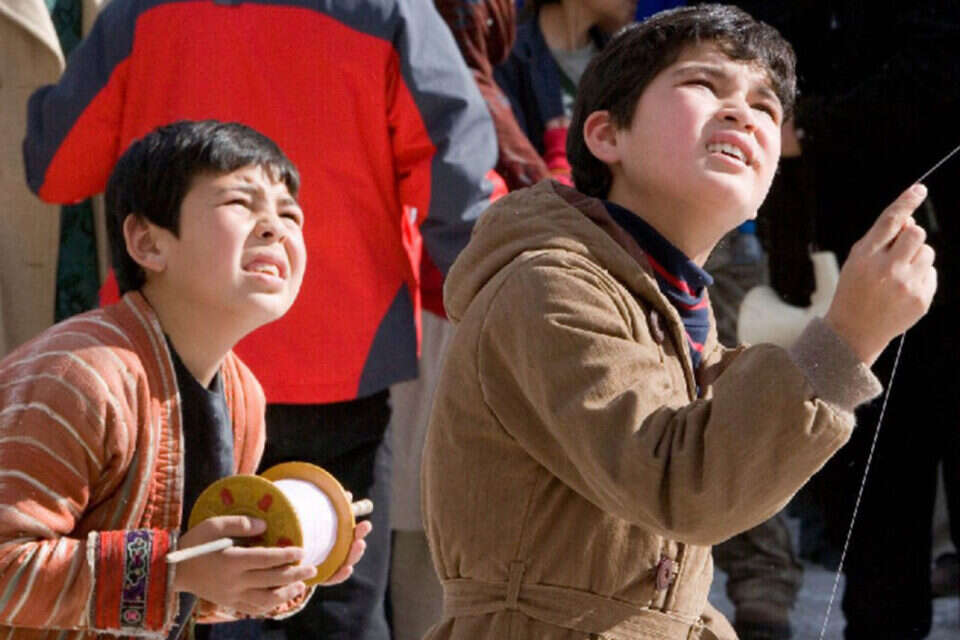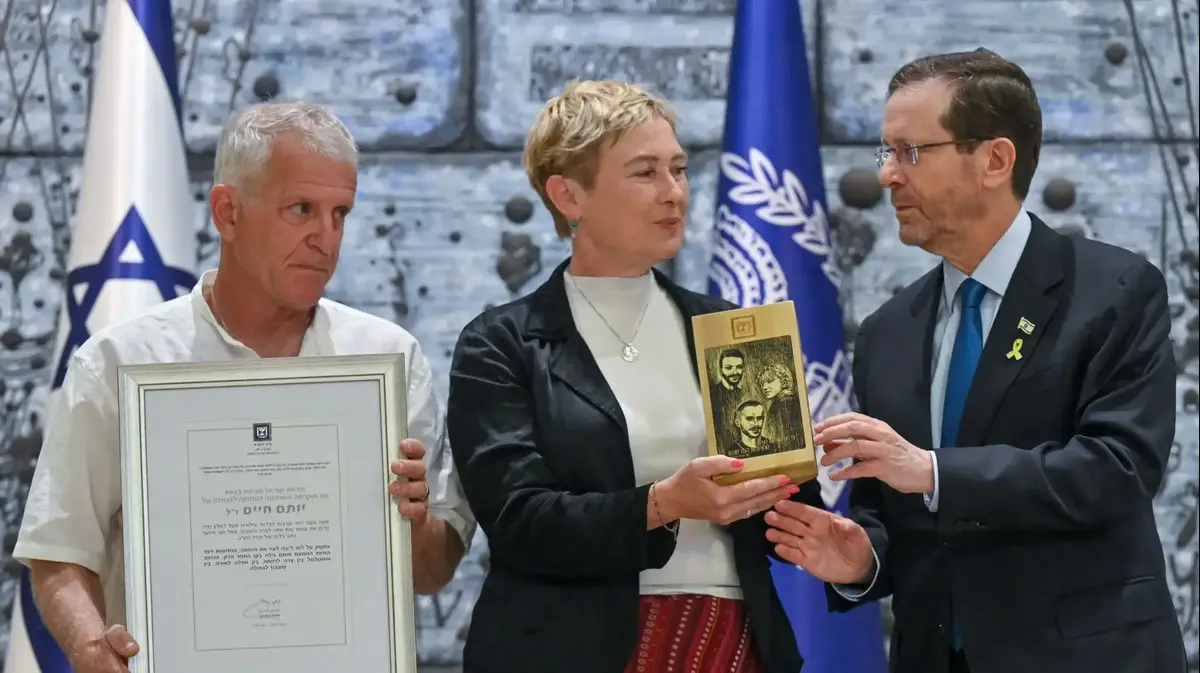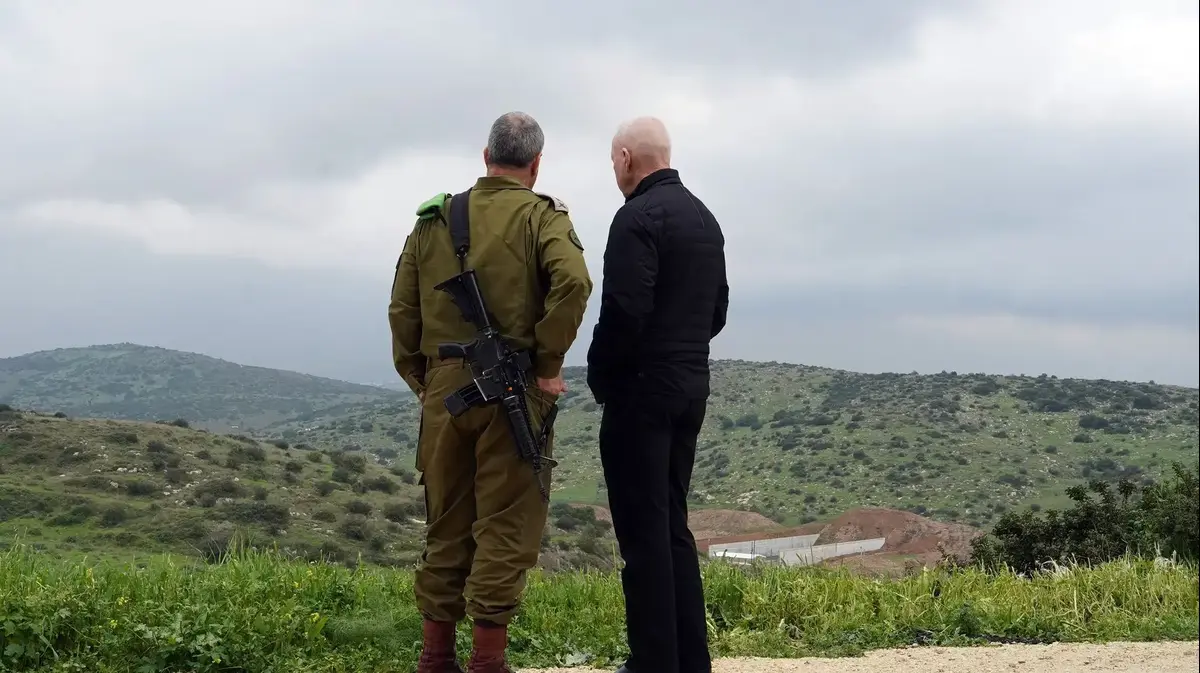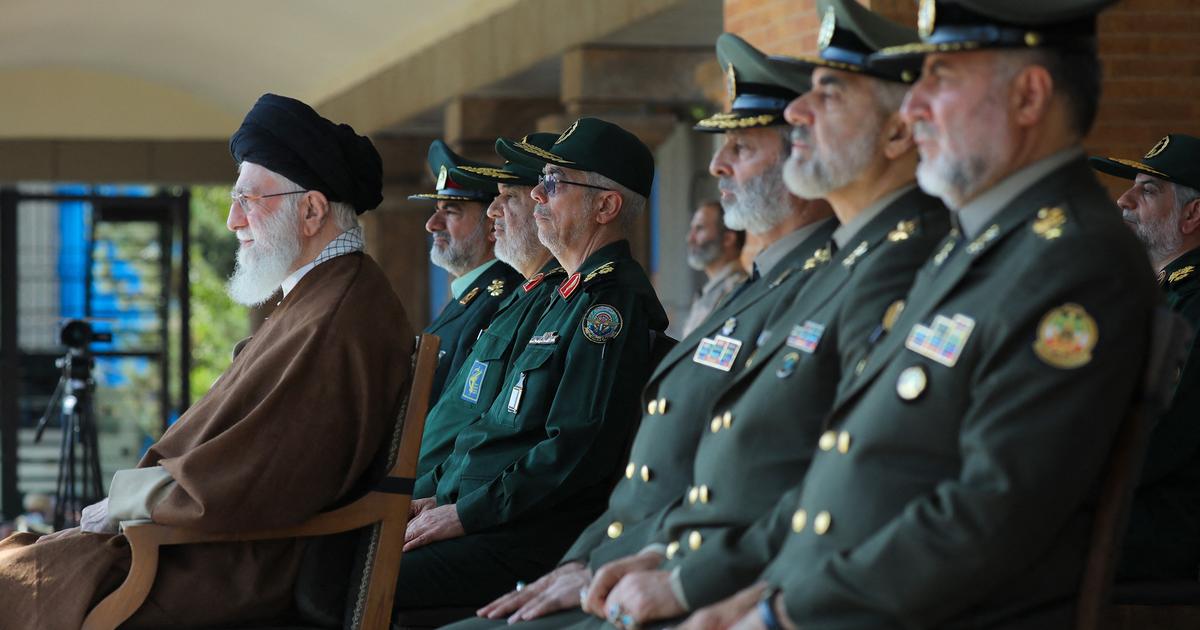"Who will give and God will keep you from the March of the Cobra, from the teeth of the tiger and the revenge of the Afghans" Alexander the Great
In January 1842,
Dr. William Braydon, the Scottish doctor of the British garrison in Kabul, arrived at the Jalalabad fortress on the Pakistan-Afghanistan border. In a brutal chase at the Kieber Pass. Even Rudyard Kipling, the poet of British imperialism, was less enthusiastic about Afghanistan. In one of his darkest poems, "The Young British Soldier", he wrote (in rhymes) and will try to translate (without rhymes):
"When you are wounded and left in the plains of Afghanistan
and the women go out to cut what is left,
just roll your rifle and blow your mind
and go to your God, like a soldier" .
The British Empire, in which the sun never sets, surrendered to the savage tribes of Afghanistan in the First Anglo-Afghan War. And she was not the last.
The body of Sergeant Victor Trasov was relatively easy to identify. His face remained almost intact and he had legs, but instead of a belly he had a pit. Direct hit by a missile fired from a Russian attack helicopter. Sergeant Trasov was one of the last fighters of the 500th unit of the Spartans who endured the massacre of "Sangam Kishlak" until he was captured by the Mujahideen. When the attack helicopter emerged from the stern of the gorge, the pilot recognized Trasov being dragged by the Dushmans (in Russian bandits) to a horrific fate of torture to death. The pilot did not hesitate and hit him directly.
This happened on April 21, 1985. The Red Army Division went on a raid from Assadbad to Sangam Kishlak with the aim of eliminating the Mujahideen lookout. An armored force was to provide cover from the plateau to the channel through which the patrol advanced. The armored force officers were indeed veterans, but like all the soldiers who were not in the special units they never unloaded from the armored vessels. The fear of being captured by the rebels was debilitating.
Shortly afterwards, the unit encountered an ambush by the Mujahideen and the Pakistan Army. Trapped in a narrow channel, the Afghans sniped at them like a computer game. The covering force remained in the APCs, terrified, watching the massacre. After the ammunition ran out of the unit, eight of them blew themselves up using an OZM mine. When the Air Force arrived, it was too late. Only ten out of eighty survived. The survivors returned to a crumbling and rotten Soviet Union. The war helped the collapse of the communist power. The intra-Russian reality was among the catalysts for the disintegration of one of the most powerful powers of the 20th century — the nation that defeated the German war machine surrendered to guerrillas.
The essential lesson
from this war, a lesson that the Americans also learned, is that no army, even the most trained, the richest, with a numerical advantage, can succeed on the battlefield against a local guerrilla, if its soldiers and commanders are not really motivated to fight for civil war.
In the invasion of Czechoslovakia in 1968, the Soviets lost 96 troops, compared to 15,000 in Afghanistan (this is only the Russian number, in the West it is estimated that many more). The strategy and fighting tactics of the Russian army in Afghanistan were intended for confrontation with a modern army.
Red Army commanders were convinced that the massive use of heavy artillery, combined with air bombardment, had killed the hungry and naive enemy, or, alternatively, caused him to flee to Pakistan or Iran. The Mujahideen had other plans. They saw no point in staying on the ground in front of the Russian artillery, but left the territory temporarily and returned a few hours or days later to hunt down Russians. The long supply lines provided the mujahideen fighters with many options to hit the exposed enemy without the artillery umbrella. To illustrate, the Russians lost 16,000 supply trucks in Afghanistan.
When the Soviets realized they needed to change a diskette, it was too late. The Russians were afraid to get out of the vehicles and fight face to face. The mentality of the "traveling bunker" mimics the memory of Stalingrad and the Phenilpov warriors. The myth of the toughness, stubbornness and lack of restraint of Red Army soldiers has collapsed in the face of the rocky mountains of Afghanistan.
The only effective forces for the Russians were the attack helicopters and the special units. But the Americans really liked bin Laden and his friends and provided them with stingers. The Mujahideen turned out to be skilled helicopter hunters, until the Soviets were forced to operate helicopters mostly at night. The Stinger was just the tip of the iceberg of American aid to the rebels, which ultimately stood at $ 3 billion. Afghanistan helped dismantle the Red Empire, backed by the United States, only to establish an evil force devoid of any moral impediment that the Americans would fight, defeat - and then return to the starting point.
The great advantage
of the Mujahideen
in the war in Afghanistan was the terror and expression it provoked in the Russian soldiers.
A fear that grew into mythical, superhuman metrics.
The same fear resonates with the descendants of the Mujahideen, the Taliban.
This time, fear subdued Afghanistan to the Taliban within two weeks.
All American equipment fell prey.
It reminded me - and probably many Americans as well - of Mosul 2014. 800 ISIS members occupied Mosul, a city of two million citizens.
They defeated without a fight 30,000 soldiers and 25,000 policemen, in whom too much $ 15 billion was invested.
Two videos tell the disturbing reality of Afghanistan.
In one, people hiding inside the wheeled facility to escape from the Taliban fall off the plane.
In the second, cheerful Taliban men drive into colliding cars at an amusement park.
It is worth admitting by mistake that I, too, fell into it, and it is the ardent support for the American attempt to fix a world in a demonic kingdom, and to try to impose democratic regimes in the Middle East. The neo-conservatives, the architects of this conception, have in fact adopted a progressive policy. The natural balance in the region between the Sunnis and the Shiites has been violated. Paradoxically, though predictably, the conquest of the Axis of Evil countries - Iraq and Afghanistan - actually strengthened the Iranian empire of evil and increased its appetite. Trump's decision to withdraw from Afghanistan was correct, although Biden's lame execution gives the Americans more credit in the region.
And the MSL from the pictures from Kabul this week is clear: we can only trust ourselves. No foreign power - not a Palestinian trained by the Americans, not an American himself or NATO - will protect us from jihadists. We must not be confused.









